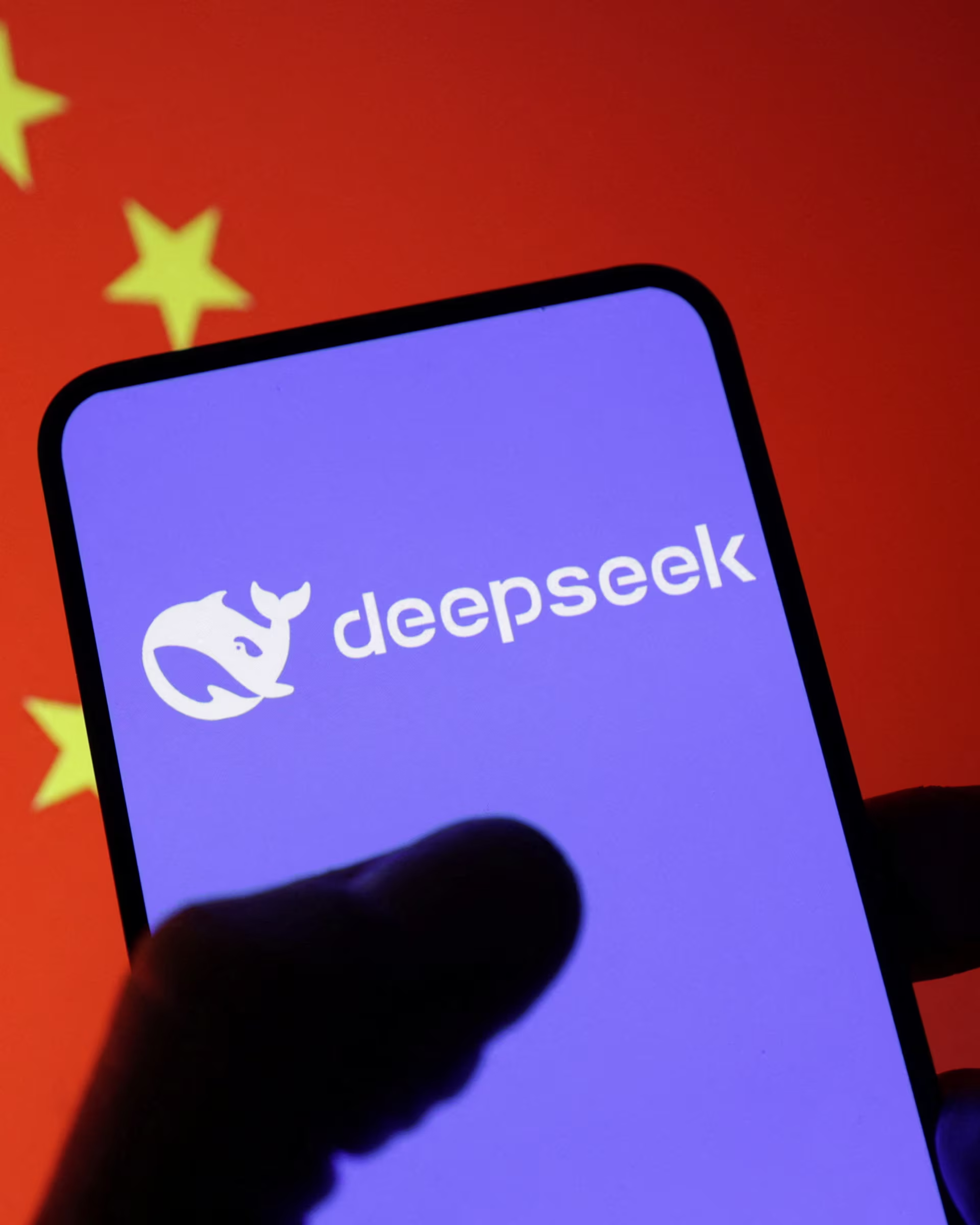DeepSeek, a Chinese AI startup, has recently made waves in the tech world, challenging some of the biggest names in artificial intelligence. By launching a free, cost-effective AI assistant that quickly outpaced competitors like OpenAI’s ChatGPT in App Store downloads, DeepSeek has sparked global discussions about the future of AI. But how does it compare to other major players like OpenAI, Claude, and Gemini? Let’s dive in.
DeepSeek: The New Challenger
DeepSeek’s claim to fame is its AI assistant that operates on less data and costs significantly less to use. This affordability has made it accessible to a wider audience, particularly in global markets where high-cost AI tools struggle to gain traction. DeepSeek’s rapid success has drawn comparisons to Huawei’s ability to innovate despite U.S. sanctions, marking it as a symbol of China’s growing technological independence.
How It Compares to Other AI Services
1. OpenAI (ChatGPT)
• Strengths: OpenAI’s ChatGPT is known for its advanced conversational abilities, extensive training data, and integration with tools like DALL·E for image generation.
• Weaknesses: ChatGPT’s subscription model (e.g., ChatGPT Plus) can be costly for users, making it less accessible in price-sensitive markets.
• Comparison: DeepSeek undercuts ChatGPT in cost while offering competitive conversational performance, making it a strong alternative for budget-conscious users.
2. Claude (Anthropic)
• Strengths: Claude focuses on being safer and more ethical, with a design that prioritizes minimizing harmful outputs.
• Weaknesses: While ethical AI is important, Claude’s conversational abilities sometimes feel less natural compared to ChatGPT.
• Comparison: DeepSeek doesn’t emphasize safety to the same extent, but its user-centric approach (low cost and data efficiency) gives it an edge in scaling globally.
3. Gemini (Google DeepMind)
• Strengths: Google’s Gemini is highly advanced, integrating with the broader Google ecosystem and excelling in multimodal tasks (text, image, and beyond).
• Weaknesses: Gemini’s rollout has been slower, and its features are not yet as widely accessible as competitors’.
• Comparison: DeepSeek lacks Gemini’s multimodal capabilities but beats it in market accessibility and immediate usability, especially in less-developed markets.
4. Microsoft (Copilot)
• Strengths: Microsoft’s AI solutions, like Copilot, are deeply embedded in productivity tools like Office 365, giving them a practical advantage for professionals.
• Weaknesses: Microsoft’s tools often require paid subscriptions or enterprise-level access, limiting casual use.
• Comparison: DeepSeek targets everyday users with its affordability, while Microsoft focuses on professionals. They cater to different niches.
Why DeepSeek Matters
DeepSeek’s rise highlights an important shift in the AI market: affordability and efficiency can be just as valuable as cutting-edge features. In regions where high-cost services like OpenAI or Gemini struggle to gain widespread adoption, DeepSeek offers a compelling alternative.
Moreover, its success challenges the dominance of U.S.-based AI companies, proving that innovative technology can emerge from anywhere in the world. It also raises questions about whether existing giants will need to rethink their pricing and accessibility to compete.
The Future of AI Competition
As AI continues to evolve, competition between companies like DeepSeek, OpenAI, Anthropic, and Google will push the industry toward greater innovation and inclusivity. For users, this is great news—more choices, better tools, and hopefully, lower costs.
DeepSeek may be the underdog today, but it has already proven that the AI market is no longer a race dominated by a few big players. The tortoise, as they say, might just win the race.
